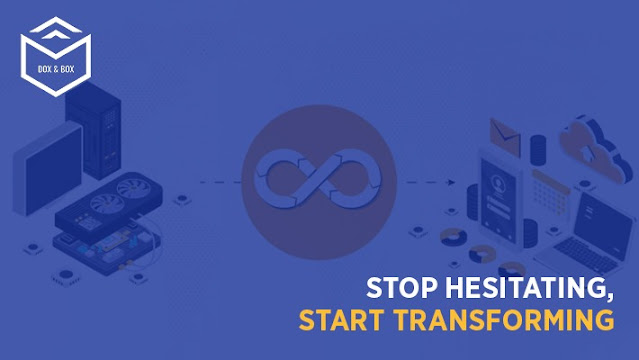Online File Storage and Sharing for Small Business

All businesses, small or big, rely on stored records and information. The days when emails were enough to share files across as attachments are gone. These days, even the documents that we share or store are richer in quality and larger in size, thus, asking for better processing. When it comes to large businesses, they have the resources and the manpower to have large custom-built proprietary software. They can also afford a team of technical people to operate them; however, it is not the same when it comes to small businesses. The alternative for small businesses is to manage digital storage and sharing across multiple platforms. Online file storage and file sharing across platforms can be done with a team of people who have a basic understanding of the work and a little bit about computers. These systems offer a flexible approach to the situation as file-sharing websites are gaining popularity. These websites offer a secure and convenient platform to businesses looking for file s
